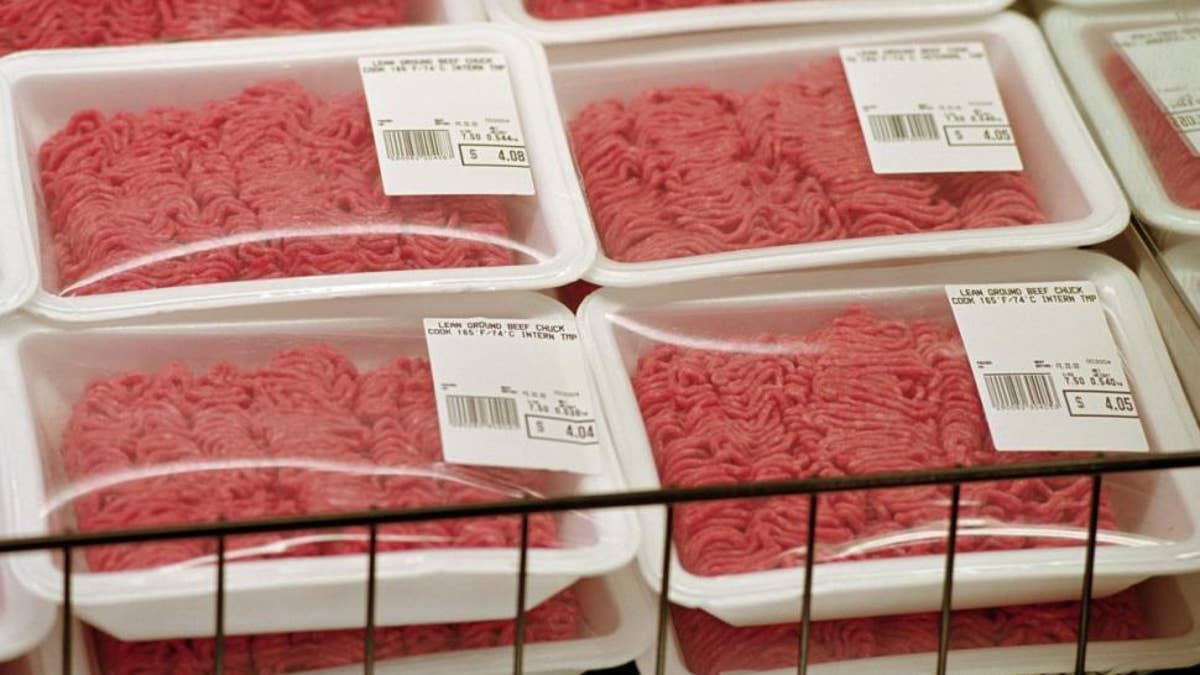
The World Health Organization’s International Agency for Research on Cancer recently classified “processed red meat” as carcinogenic, or cancerous, to humans. Important conclusions such as this affect millions of individuals, making it important to understand how these results were obtained, what they can mean for you and how to safely incorporate meat into a healthy, balanced diet.
What was included in the study?
Two separate entities were studied: processed red meat and red meat.
• Processed red meat has been transformed through preservation processes such as salting, fermenting, smoking or curing. Examples include bacon, sausage, hot dogs, frankfurters, ham and corned beef.
• Red meat includes beef, veal, pork, lamb, goat and others. This study did not evaluate white meats including chicken, turkey or duck.
The results:
The Agency concluded that eating 50 grams or more of processed red meat daily causes colorectal cancer. Fifty grams of processed red meat is the equivalent of one frankfurter, two slices of salami or six slices of cooked bacon. No recommendations were made for safe minimum or maximum intakes of processed red meat, but the more processed red meat consumed the greater the risk of colorectal cancer. The evidence states that people who consumed the most processed red meats had a 17 percent higher risk of colorectal cancer compared to people who consumed the least.
Limited evidence found that increased consumption of red meat – not the processed variety – probably causes cancer but a direct correlation in humans was not found.
Is it time to swear off meat forever?
The research team did not state that individuals should remove red meat from their diet nor does it ask people to stop eating processed red meats. The evidence states that reducing consumption of these products can reduce the risk of colorectal cancer. The organization states "red meat has nutritional value" and adds "eating meat has known health benefits." This indicates that quality as well as quantity is important when determining what meat to select to reduce the risk of colorectal cancer.
What benefits do I get from eating meat?
With the right choices, meat is safely incorporated into a healthy, balanced diet as it contains micronutrients such as iron, zinc, phosphorus and Vitamin B12 that can more easily be absorbed by the body compared to non-animal protein sources.
Eating Red Meat: What to Choose:
From a perspective of colorectal cancer risk, not all meats are created equal. Unprocessed red meat is preferred over processed red meat. Some red meat selections stand out as optimal:
• Grass fed: When compared to traditional feed, grass is much higher in key nutrients like Omega-3s, antioxidants and B vitamins, which transfer to the animal and result in beef that is leaner, healthier and much more flavorful.
• Organic: Organic meat does not contain artificial pesticides, antibiotics, hormones or GMOs (genetically modified organisms) in the animal feed. Animals raised organically may be fed organic corn or grain in addition to untreated grass. Because animals are not exposed to chemicals, those harmful compounds are not passed along to the consumer resulting in healthier, cleaner meat.
• Lean: Extra lean meat should consist of 10 percent fat or less. Some extra lean cuts contain 7% or just 1% fat. Look for words such as: loin, tenderloin, sirloin, round and chuck for the leanest cuts of meat to add a low-fat source of protein to your balanced, heart-healthy diet.
Recommendations for moderate meat consumption are not new. However, this is the first study that confirms a direct link with processed red meat to colorectal cancer. Whether or not you choose to consume meat – grass-fed, organic or another type of beef – know what to look for to keep your diet and overall health on the right track.








































